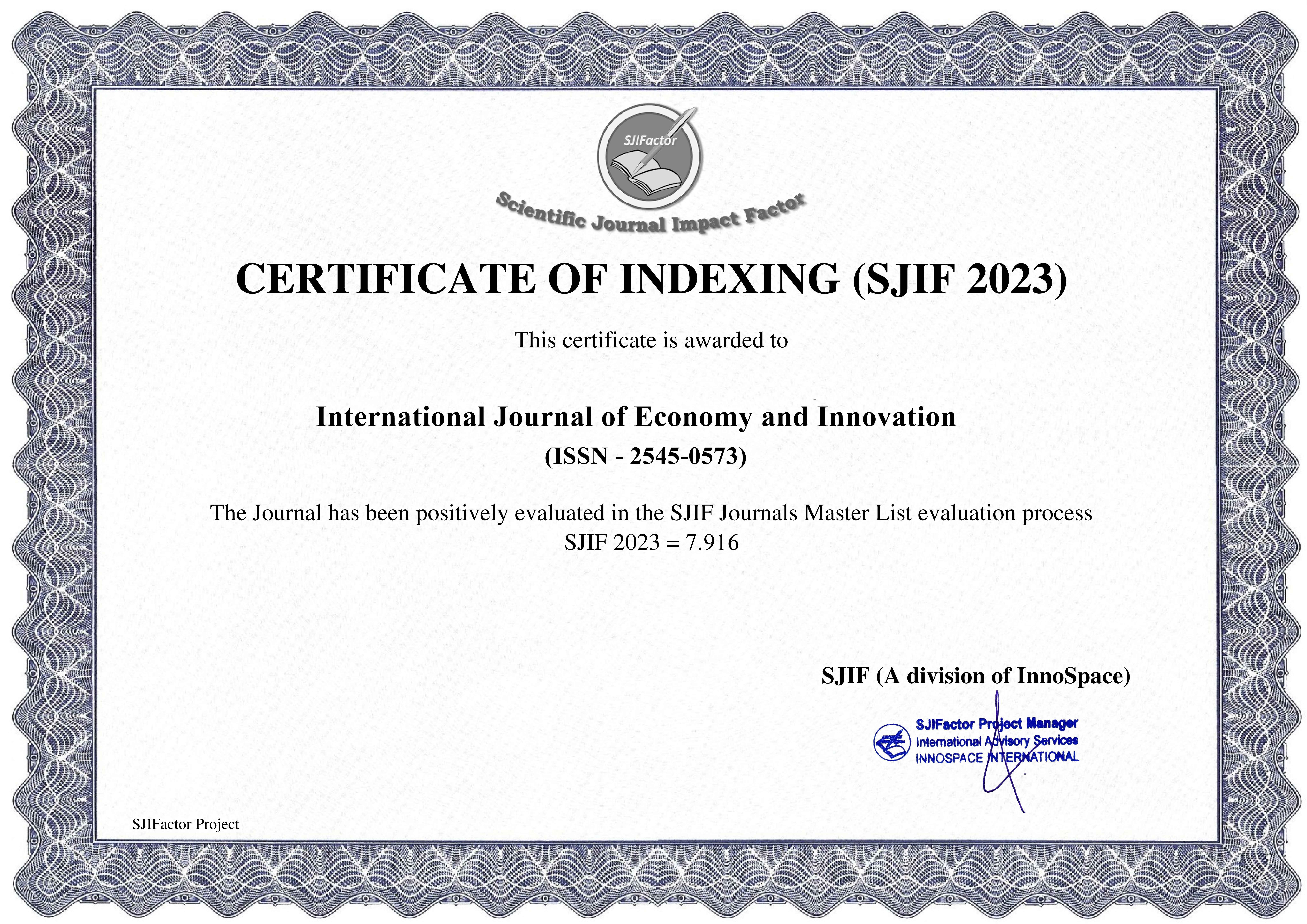A LINGUISTIC-PRAGMATIC AND LINGUISTIC-CULTURAL STUDY OF IRONY IN ENGLISH AND UZBEK LANGUAGES
Keywords:
irony, pragmatics, linguopragmatics, culture, linguistics, lingua-cultural, sarcasm, verbal irony, socratic irony, dramatic irony, situational ironyAbstract
Linguistics is vitally important part of a nation since it demonstrates the culture, history, tradition and other spheres of the people. It has various branches as well as it has been studied by many scholars for decades. One of the branches of linguistics is pragmatics which deals with modern methods of learning existed branches like lexicology, stylistics. As it is known, the language is enriched by stylistic devices like metaphor, metonymy, synecdoche, simile, irony and many others. The following article illustrates both linguistic-pragmatic and linguistic-cultural study of irony in two languages, Uzbek and English. Moreover, the article includes some ironic examples in Uzbek and English discourse.
Irony is a stylistic as well as literal device which is used to demonstrate the humor and criticism together. There are several types of irony in linguistics and literature and the purpose of the article is to add a little contribution to the science of linguistics.

















